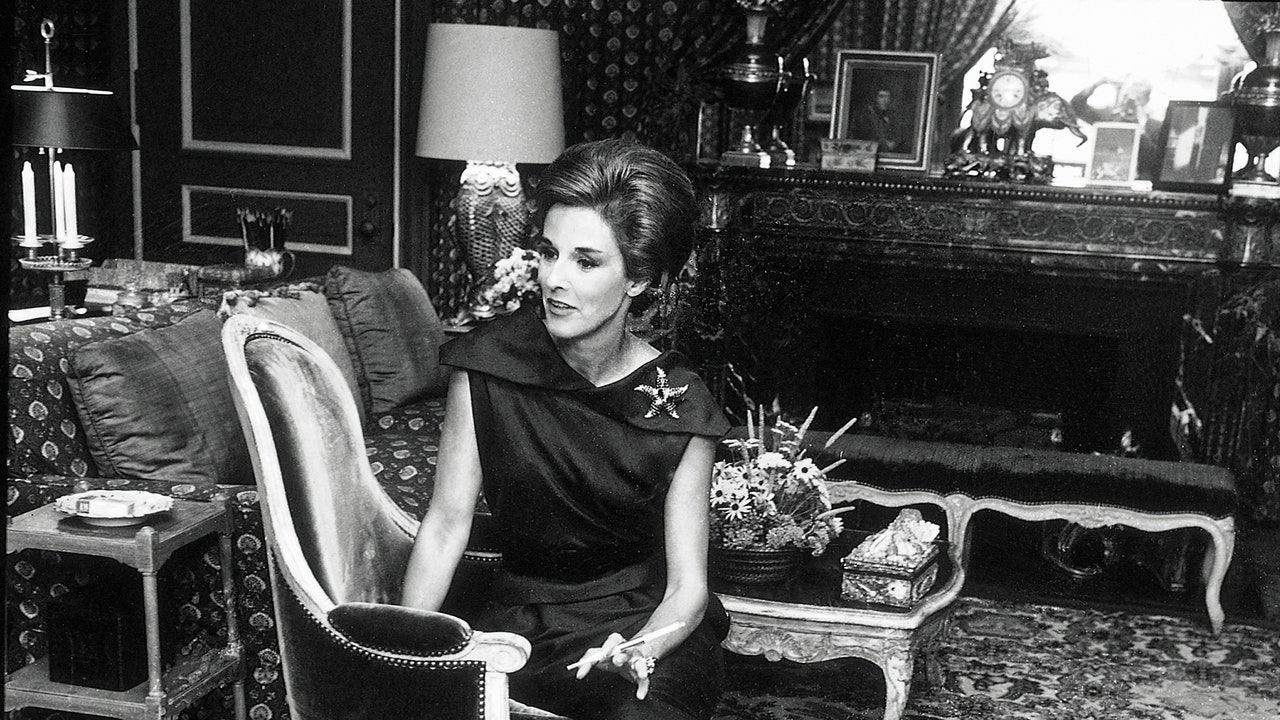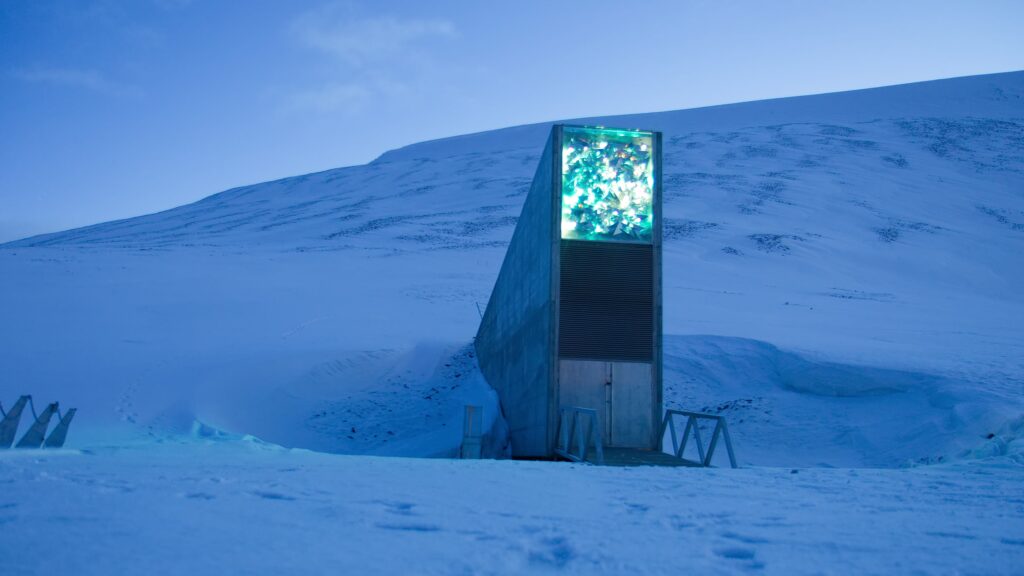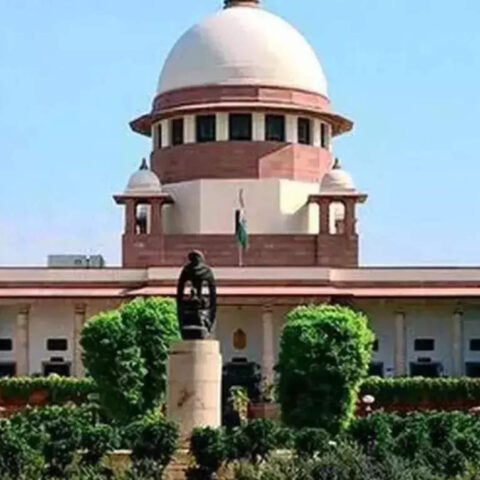It’s safe to say that many are familiar with the legacy of Truman Capote—the man at the center of Ryan Murphy’s latest FX anthology, Feud: Capote vs. the Swans—though the masses are perhaps more acquainted with the Breakfast at Tiffany’s writer’s status as a literary giant than the actual drama of his life. The series begins with a few scenes jumping around in time, but midway through the first episode a poignant moment of dialogue between set design and costuming orients the viewer perfectly to where in Capote’s life we find ourselves.
Daylight streams in through the windows of the In Cold Blood author’s New York apartment, and he’s drinking. A call we hear only one side of indicates he’s blown some major deadlines. He plops down on a double-ended chaise longue beneath a large painting of himself. It captures Capote in his heyday—the version we know. That portrait of the celebrated writer in a yellow suit provides a clarifying juxtaposition directly above Capote vs. the Swans’s Capote (Tom Hollander), who is the picture of faded glory in an ill-fitting T-shirt and a mustard cardigan, the exact same hue his framed depiction wears.
“We replicated a version of a portrait hanging in his dining room on that cherry wall,” production designer Mark Ricker tells AD. “I picked a photograph that I liked, and we just did our own [recreation]. I never asked our brilliant costume designer, Lou Eyrich, whether she matched the cardigan to the [painting’s yellow suit] on purpose. But the way it’s in episode one, as an intro to him, it bridges the Truman that we’re experiencing in the show with the legend of who he was in his earlier years, and I just love it.”
The team toured Capote’s real life UN Plaza apartment to get a sense of the space’s details. “The very tile [he lived with] is still there in that bathroom, which we also replicated,” Ricker says. A piece that belonged to Capote himself, acquired by chance, appears as an Easter egg among the various decor in the knickknack-lined set. “[Executive producer] Gus Van Sant was renting a house, and there was a porcelain cherub that belonged to Truman in the house,” he says. “It’s on his desk near his typewriter. We insured it and guarded it with our life.”









